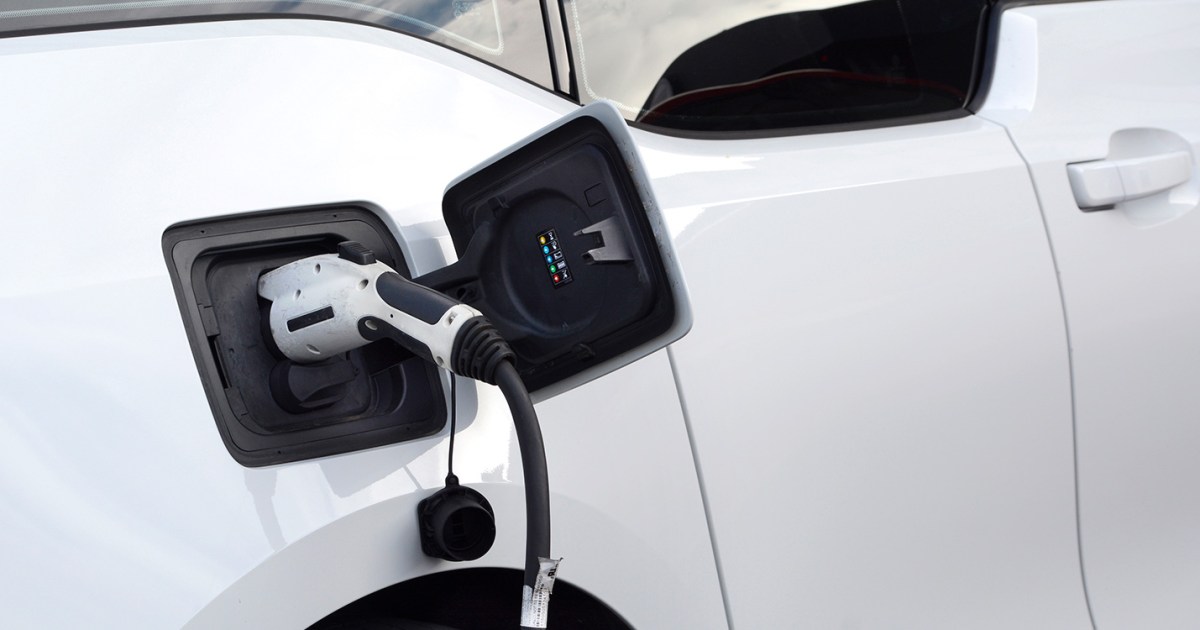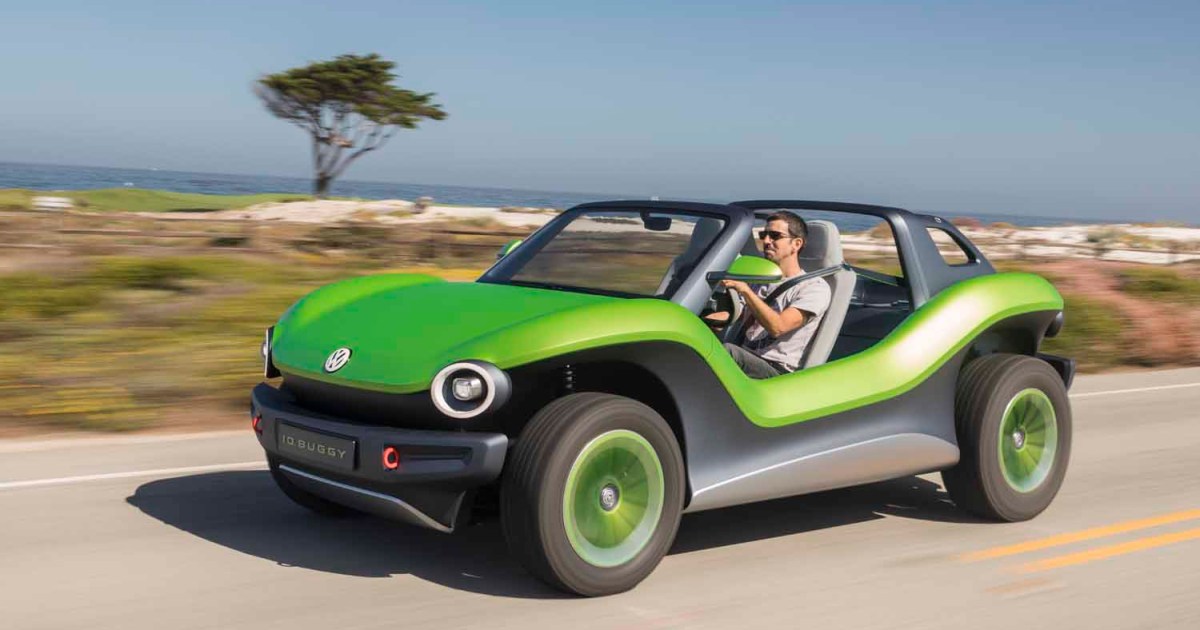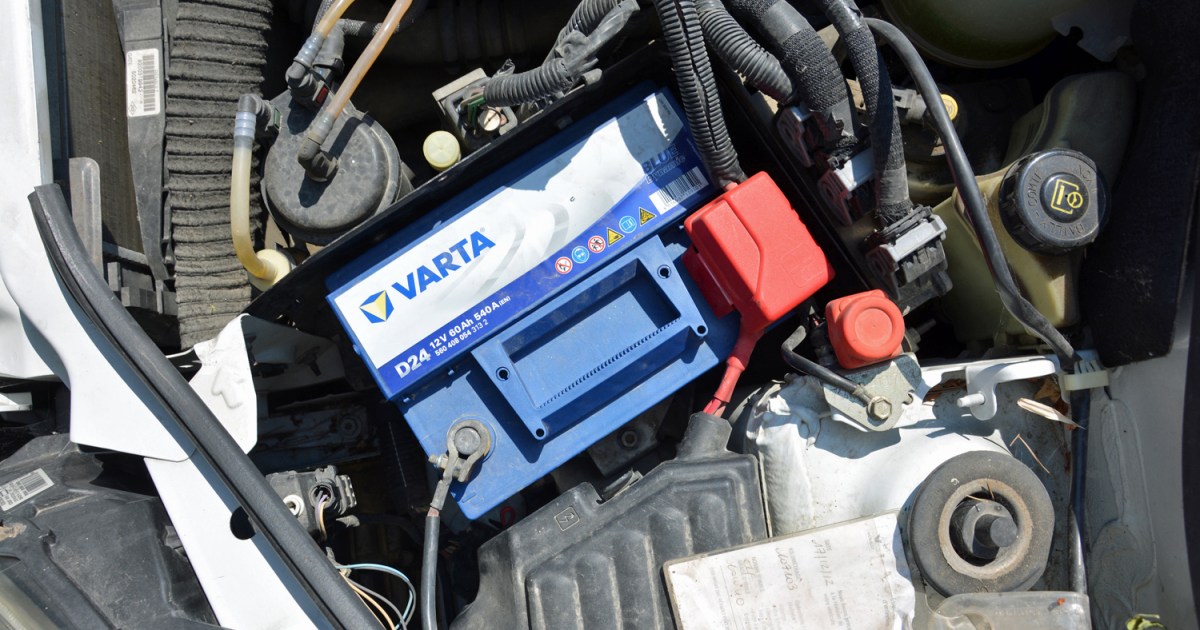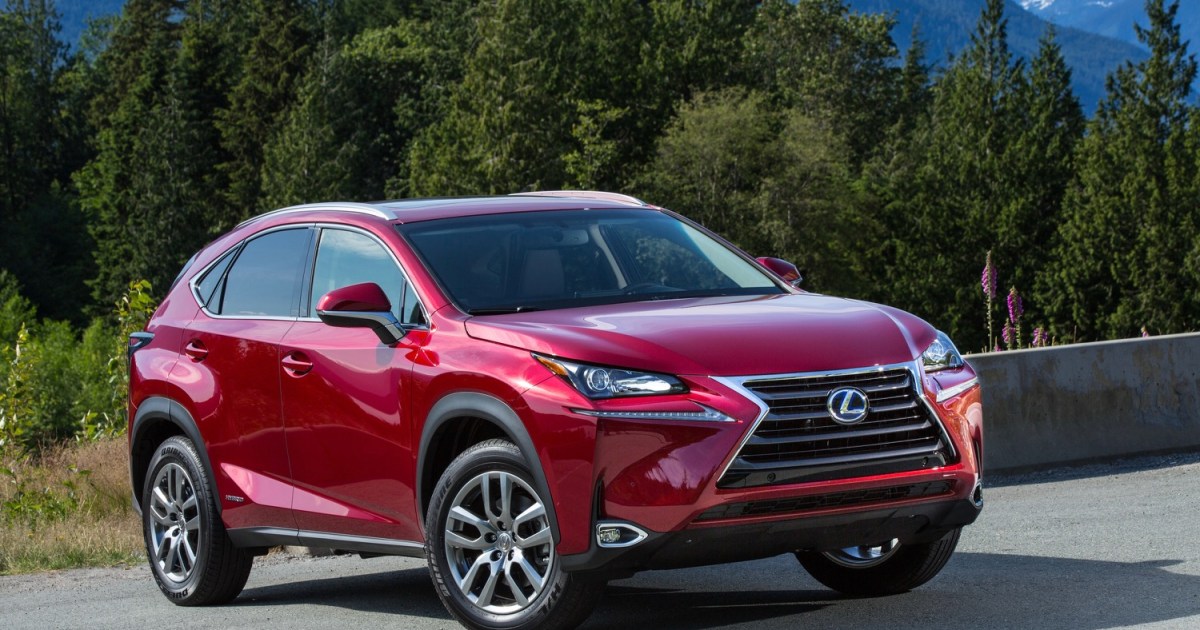The electric vehicle (EV) market is experiencing rapid growth, driven by government regulations and increasing consumer interest. With most car manufacturers developing electric models, it’s clear that EVs are becoming a significant part of the automotive landscape. If you’re considering making the switch to electric, understanding the advantages and disadvantages is crucial. This article explores the pros and cons of EV ownership.
The Benefits of Electric Car Ownership
Several compelling advantages make EVs an attractive option for many drivers.
Lower Maintenance Costs
While EVs typically have a higher initial purchase price than comparable gasoline-powered cars, their maintenance costs are significantly lower. With fewer moving parts, there’s less that can go wrong. Routine maintenance like oil changes and fluid flushes are eliminated. The most significant expense is the eventual battery replacement, but this is typically needed only after many years of use.
A Quiet and Quick Driving Experience
Driving an EV is a unique experience. The absence of engine noise creates a remarkably quiet ride, with only wind and road noise noticeable. Some manufacturers even add artificial engine sounds for drivers who prefer a more traditional auditory experience. EVs are also known for their quick acceleration. The instant torque delivery to the wheels provides impressive performance from a standstill. Regenerative braking, which captures energy during deceleration, further enhances the driving experience.
Zero Tailpipe Emissions
Unlike hybrids, which still rely on gasoline engines, EVs produce zero tailpipe emissions. This contributes to cleaner air and reduces your carbon footprint. While concerns exist about the environmental impact of battery production and disposal, the industry is actively developing battery recycling solutions.
Attractive Leasing Options
The high purchase price of EVs can be a barrier for some buyers. Leasing offers a more accessible way to experience the benefits of electric driving without the substantial upfront investment. Leasing can also be advantageous as it allows drivers to upgrade to newer EV models as technology rapidly evolves.
The Challenges of Electric Car Ownership
Despite the numerous advantages, EVs also present some challenges.
Charging Infrastructure and Electricity Generation
While charging infrastructure is improving, it’s still inconsistent in many areas. Finding available charging stations, especially during peak times, can be a challenge. Installing a home charger requires 220V power, which may involve costly home electrical upgrades. Increased EV adoption also raises concerns about strain on power grids and the reliance on “dirty energy” sources for electricity generation. While the industry is working towards renewable energy solutions, these challenges remain.
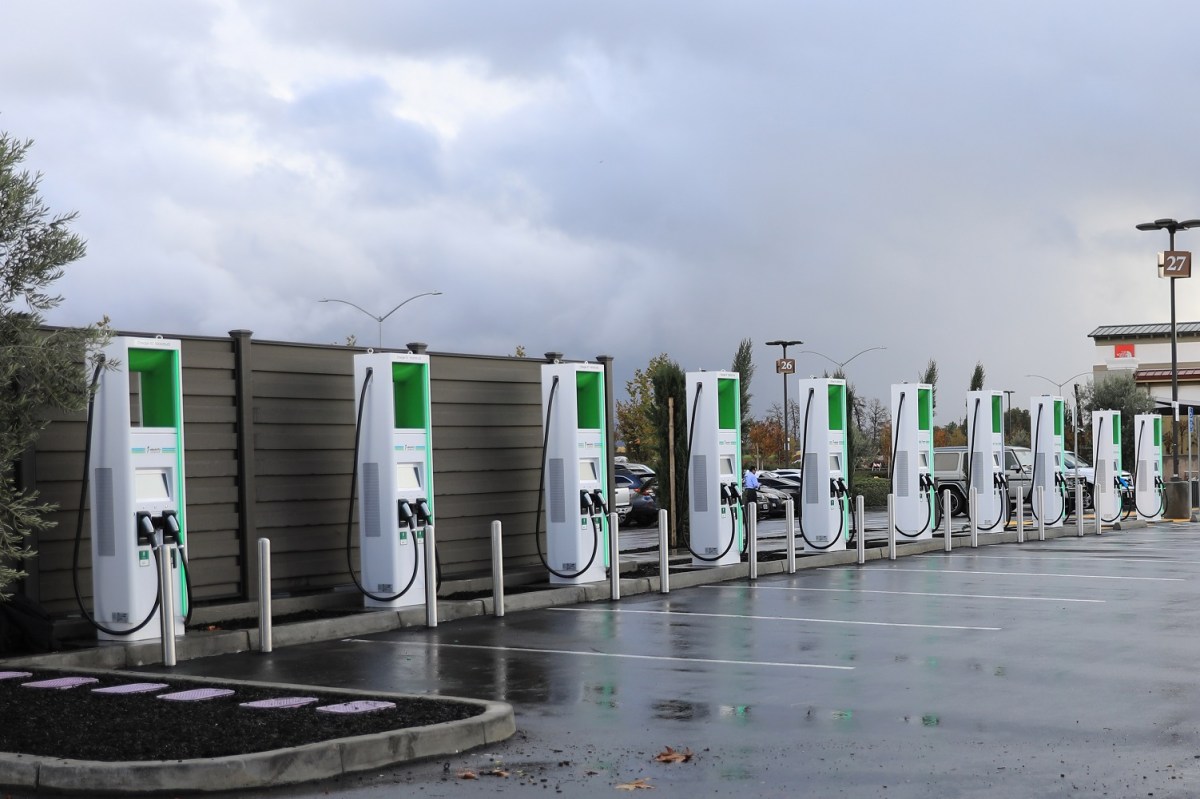 Electrify America charging stationsElectrify America charging stations are becoming more common but access can still be limited.
Electrify America charging stationsElectrify America charging stations are becoming more common but access can still be limited.
Limited Range and Trip Planning
Many affordable EVs offer a limited driving range, particularly older models. This necessitates careful route planning and consideration of charging stops on longer trips. While higher-end EVs offer extended ranges, they come at a premium cost.
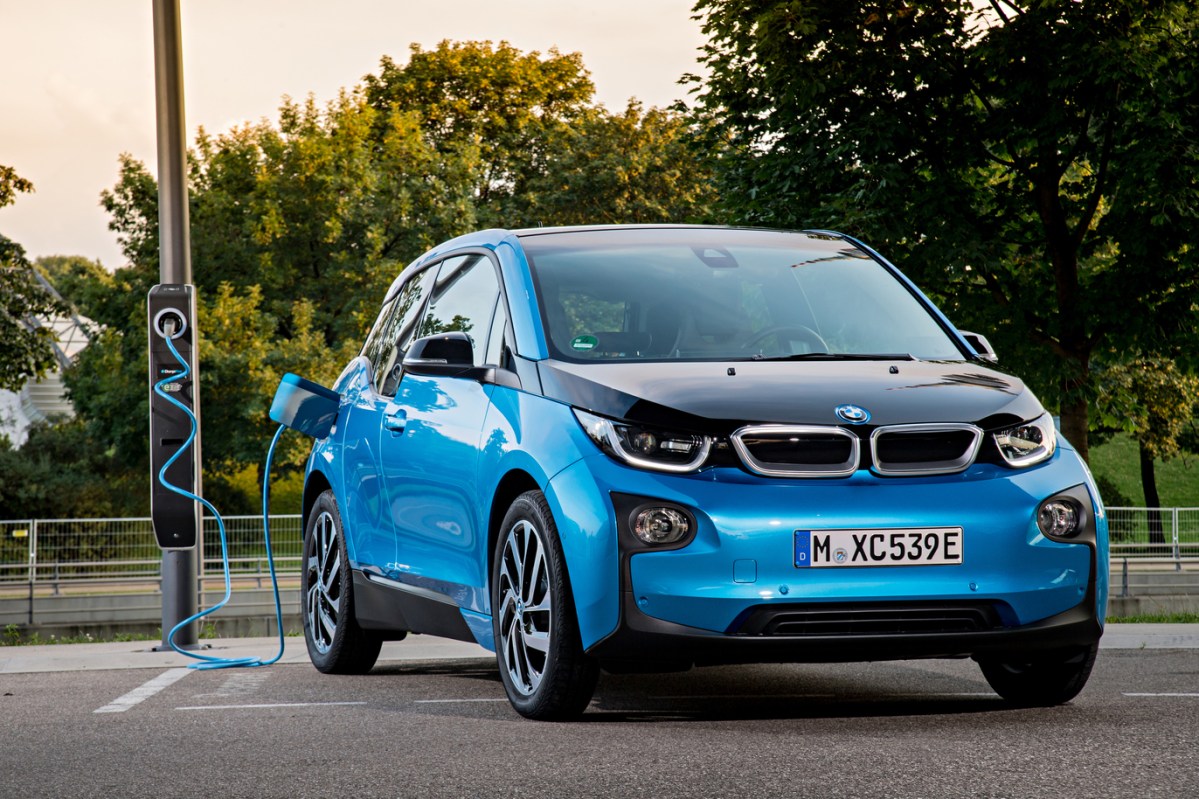 BMW i3The BMW i3, while offering an engaging driving experience, has a limited range compared to gasoline-powered vehicles.
BMW i3The BMW i3, while offering an engaging driving experience, has a limited range compared to gasoline-powered vehicles.
Limited Model Selection
While the number of EV models is increasing, the selection is still smaller than that of gasoline-powered vehicles. While options are expanding to include SUVs, trucks, and sports cars, the availability of specific models may be limited. This can restrict consumer choice and make finding the perfect EV to suit individual needs more challenging.
Conclusion
Electric vehicles offer a compelling alternative to traditional gasoline-powered cars, with significant advantages in terms of maintenance, performance, and environmental impact. However, challenges remain regarding charging infrastructure, range limitations, and model availability. As technology continues to advance and the charging network expands, these challenges are expected to diminish, making EVs an increasingly viable option for a wider range of drivers.



